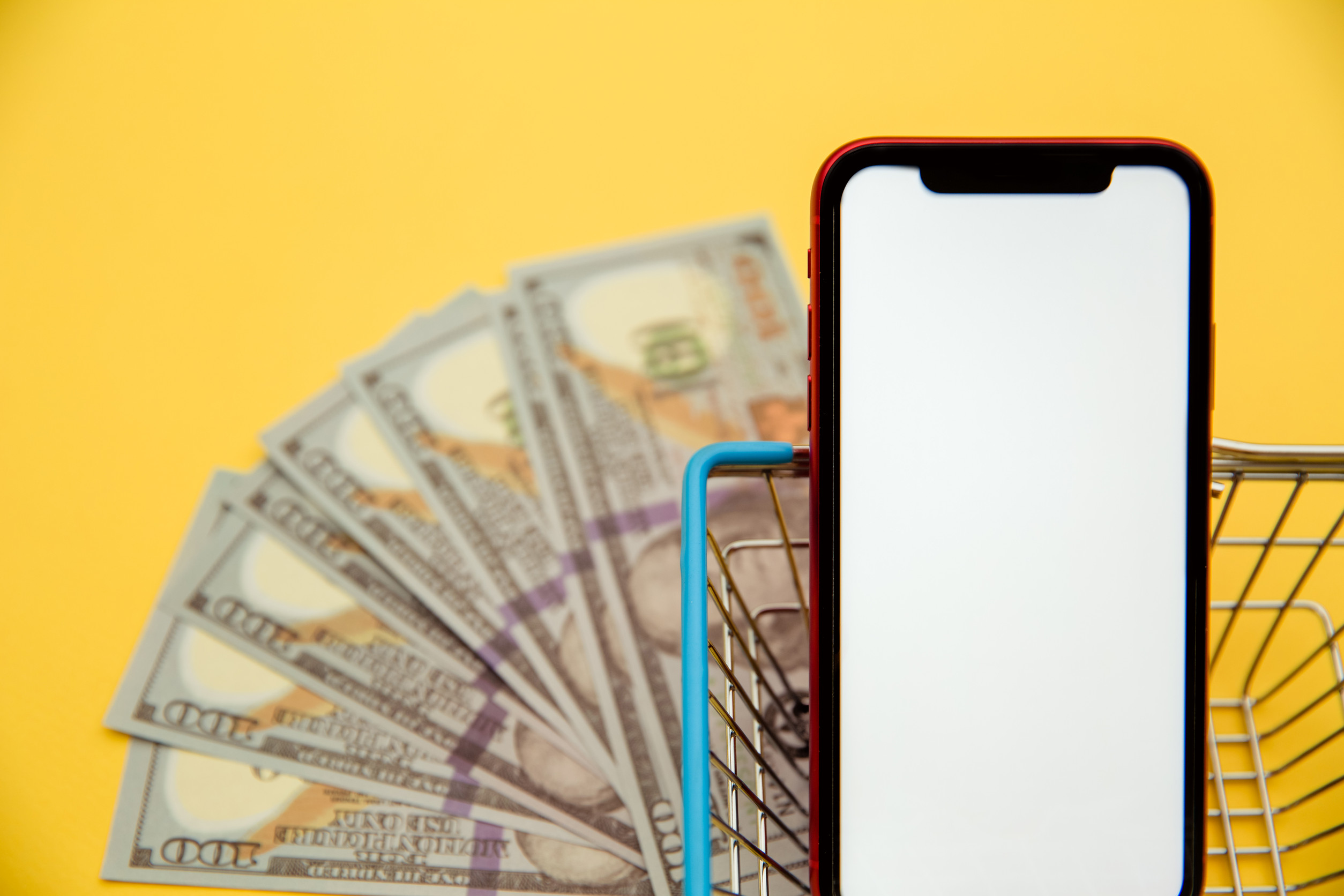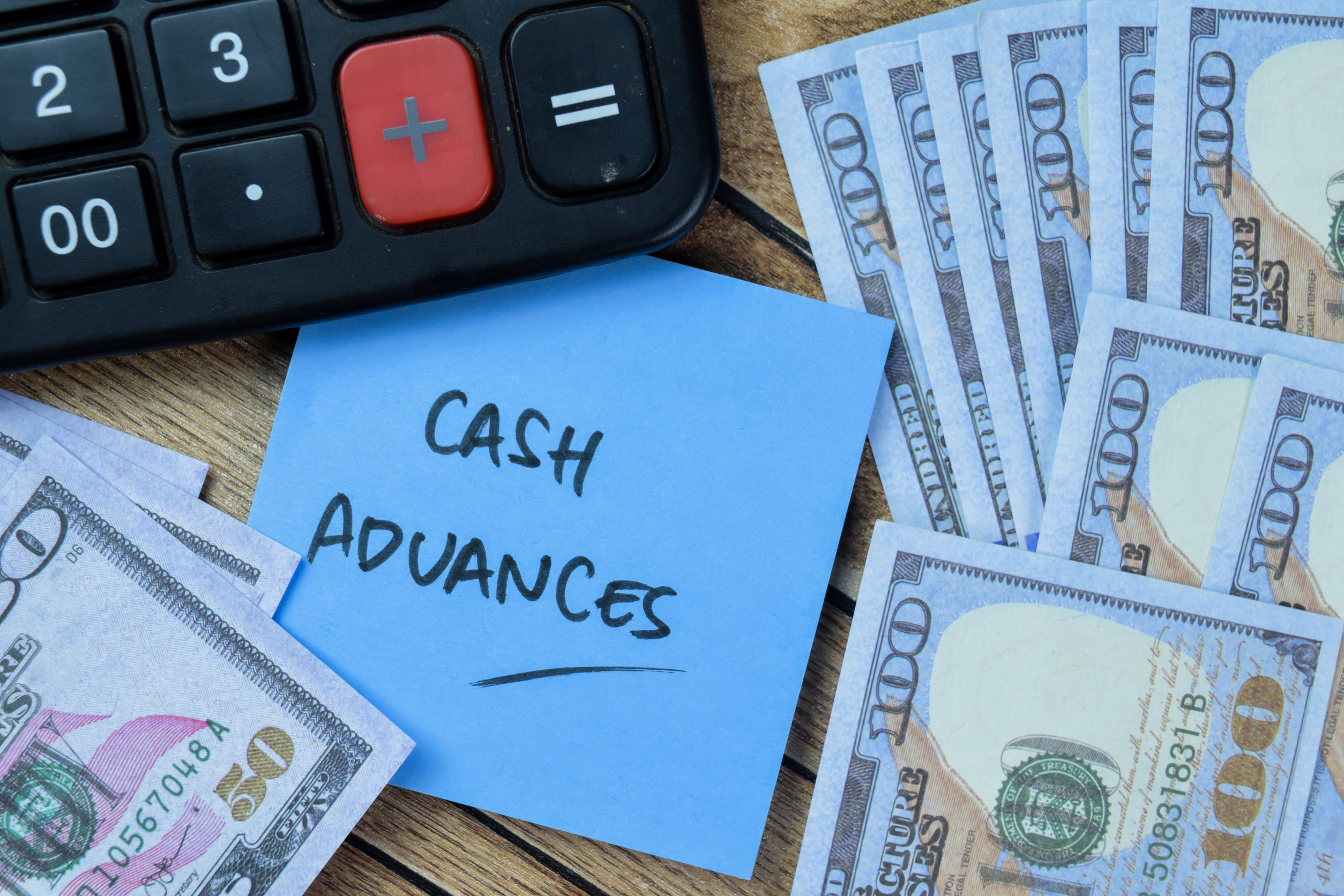Cash advance apps are marketed like magic wands for payday stress—tap your phone and poof, money lands in your account before you even earn it. They promise instant relief, a safety net for when bills pile up faster than paychecks. But like anything that sounds too good to be true, the fine print tells a different story.
Behind the flashy branding and “no interest” claims, these apps often come with hidden traps that cost more than most users realize. Before relying on them as a financial lifeline, it’s worth peeling back the glossy surface to see the risks underneath.
1. The Illusion of “No Interest”
Many cash advance apps brag about being interest-free, but the reality isn’t so simple. Instead of traditional interest, they rely on “tips,” “fees,” and “express transfers” that quietly eat away at your paycheck. Paying ten dollars to borrow a hundred may not feel like much until you do the math and realize it’s equivalent to sky-high annual percentage rates. The language around these charges is designed to feel casual, like optional extras, but they’re anything but optional if you need your cash quickly. It’s a clever disguise that makes borrowing look safe while draining your money in the background.
2. Trapped in the Advance Cycle
These apps can create a cycle that’s hard to escape once it starts. Borrowing from tomorrow’s paycheck to cover today’s bills means tomorrow’s money is already spoken for. That leaves many users scrambling again when the next round of expenses hits. Instead of solving financial strain, the apps stretch it out and make it feel endless. It’s a revolving door of short-term relief that turns into long-term dependency.
3. Privacy for Sale
What most people don’t realize is that cash advance apps often come with a hidden cost: personal data. To use them, you usually have to hand over access to your bank account, spending habits, and sometimes even employment details. That information isn’t just sitting in a vault—it can be analyzed, shared, and even sold to third parties. The result is a loss of privacy that can follow you long after the money is paid back. In many cases, your financial struggles are being turned into someone else’s profit stream.
4. Hidden Pressure Tactics
Cash advance apps rely heavily on subtle psychological nudges to keep users engaged. They may gamify the experience, push notifications, or frame “optional” tipping as the right thing to do. These tactics create pressure to give more than you planned or to borrow again sooner than you intended. The goal isn’t just to help—it’s to keep you in the system. By making borrowing feel lighthearted or guilt-driven, they encourage behaviors that hurt users financially over time.
5. Risk of Overdrafts
Many users don’t realize that cash advance repayments can trigger overdrafts. When payday arrives, the app takes its money back automatically, whether or not your account balance is ready. If other bills hit the same day, the result can be bounced payments and hefty bank fees. Instead of being a solution, the app can actually make financial stress worse. Borrowing a quick $50 could snowball into $100 in overdraft penalties and late charges.
6. No Long-Term Fix
Cash advance apps are designed to patch a hole, not repair the entire roof. They may help in an emergency, but they don’t solve the bigger issues of budgeting, income, or unexpected expenses. Because they feel like a lifeline, it’s easy to lean on them instead of building healthier financial habits. In the long run, relying on them can delay real progress toward stability. They’re band-aids on a financial wound that needs deeper care.
Rethinking Quick Fixes
Cash advance apps promise speed and convenience, but the trade-offs are often steeper than advertised. From hidden costs to privacy concerns and the danger of long-term dependency, these apps can quietly chip away at financial health. While they may feel like quick relief in a pinch, the long-term risks deserve a second look. Real stability comes from building better financial habits, not borrowing from the future to pay for today.
What do you think about these hidden dangers—have you ever felt the pull of a quick advance? Share your thoughts in the comments.
You May Also Like…
Why Do Payday Advance Apps Keep Expanding Despite High Complaints?
Why Do Food Delivery Apps Keep Adding Mystery Charges?
Can You Lose Control of Your Cash During a Sad Financial Moment?
13 Habits That Kill Your Cash Flow Without You Knowing
10 Loan Programs That Enrich Banks While Borrowers Struggle


